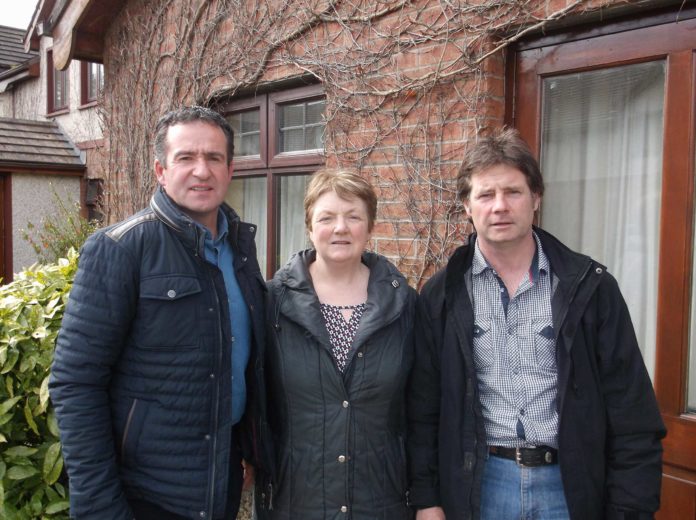
The chairperson of ICMSA’s Farm Business Committee, Lorcan McCabe, has said that his association will “watch with great interest” the progress of the proposal made at the recent meeting of the EU Farm Ministers to increase the de-minimis aid level to €30,000 over 3 years.
The proposal was tabled on the grounds that this would offer member states more flexibility to help farmers at national level.
Mr McCabe said that such a proposal would give the Department of Finance a perfect opportunity to re-examine the introduction of an income volatility management tool that could be used to address the ongoing income volatility issues that he said were “wrecking” particularly dairy farmers’ incomes and must inevitably pose a terminal threat to our family farm system unless they were addressed.
“FMDS has many merits and most definitely should be considered for incorporating into the Irish income tax code for farmers”
“ICMSA has previously referred to the need for the introduction of what is referred to in Australia as a ‘Farm Management Deposits Scheme’ (FMDS), which has both a positive farm financing component and a built-in mechanism to smooth out income over a period of years. We have been monitoring its use in Australia and looking at the reaction to it and both have been overwhelmingly positive.
“Rather than ‘redesigning the wheel’, we have always said that we should look at models that are already seen to work elsewhere and examine whether or not they would work in our context and we’re satisfied that on both counts FMDS would work perfectly here. Subject to a number of modifications for our context, we could literally ‘cut-and-paste’ the structure and function and introduce it to the Irish scene very quickly. FMDS has many merits and most definitely should be considered for incorporating into the Irish income tax code for farmers”, he said.
Mr. McCabe noted that State aid rules have previously been a “stumbling block” with regard to the introduction of such a scheme but he believes the proposed increase in de-minimis would overcome previous difficulties.
“The proposed raising of the de minimis levels might overcome the State aid aspect which was often cited as the reason why we couldn’t have effective volatility-management tools through the tax code. This proposal might be the answer. Because – and make no doubt about this – we cannot go on in this boom–and-bust manner where all the various sectors are being wrecked by these price and income peaks and troughs.
“The agricultural industry faces continuously changing markets with many internal and external forces impacting on the return farmers receive for their produce. The variables are numerous and have a really disproportionate effect on our incomes, so we desperately need as many stabilising elements as possible and adequate farm income volatility-management tools within our tax system would go a huge way towards helping.
“The proposals made at the Farm Council open the door to at least a re-examination of the possibility and ICMSA urges the Department of Finance to look seriously at this opportunity”, said Mr McCabe.







